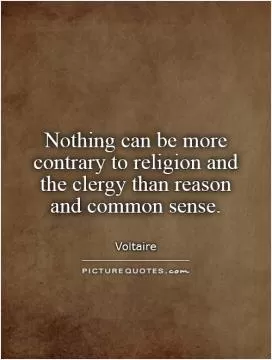Better is the enemy of good

Better is the enemy of good
The phrase "better is the enemy of good" is often attributed to the French philosopher Voltaire, although it is not a direct quote from his works. However, the sentiment behind the phrase is certainly in line with Voltaire's philosophy and can be seen in many of his writings.Voltaire was a firm believer in the power of reason and the importance of progress. He was a champion of the Enlightenment, a period in European history characterized by a focus on reason, science, and progress. Voltaire believed that society could be improved through the application of reason and that progress was essential for the betterment of humanity.
However, Voltaire also recognized the dangers of perfectionism and the pursuit of an unattainable ideal. He understood that striving for perfection could often lead to inaction or paralysis, as individuals and societies became so focused on achieving the perfect solution that they failed to make any progress at all. In this sense, "better is the enemy of good" can be seen as a warning against the dangers of perfectionism and the importance of recognizing and appreciating the good that is already present.
Voltaire's most famous work, "Candide," is a satirical novel that explores the idea of the pursuit of perfection and the dangers of idealism. The protagonist, Candide, travels the world in search of the perfect life, only to discover that true happiness lies in accepting the imperfections of the world and finding contentment in the good that is already present.
In his other works, Voltaire often criticized those who sought to impose their own vision of perfection on society, arguing that such efforts often led to tyranny and oppression. He believed that progress could only be achieved through a recognition of the good that already existed and a willingness to build upon it, rather than tearing it down in pursuit of an unattainable ideal.












 Friendship Quotes
Friendship Quotes Love Quotes
Love Quotes Life Quotes
Life Quotes Funny Quotes
Funny Quotes Motivational Quotes
Motivational Quotes Inspirational Quotes
Inspirational Quotes